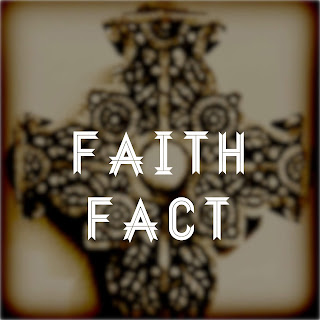Last time, we learned about how vital music is to our life and worship. I also talked about how it helps us as we listen to another key part of our worship: The Word of God.
Reading Scripture is the central part of any worship service. We hear Scripture read to us, we hear the words of the sermon which extrapolate on what the readings are saying to us today, and then we respond with the Creeds, the Prayers, the Confession, the Peace, and the Eucharist (See The Book of Common Prayer for more). The sermon and our hymns in particular are not meant to be separate entities in the service, but they are meant to augment the words we hear in Scripture.
We call Scripture "The Word of God" because it is where we hear God speaking to us most clearly. That is why it is important for us to listen to all the readings, so that we can hear what God has to say to us on any given day more clearly. We do that best by getting the wide range of Scripture from the Old Testament to the Psalms to the Epistles/Letters of the New Testament, to the Gospels.
This is also where the beauty of the Lectionary comes in to play. It allows us to hear the vast amount of Scripture over the course of 3 years, so that we can hear more of God's Word. It also opens our ears to passages that we might not listen to otherwise, but that God is speaking to us through none-the-less.
Because Scripture is so important to our worship, it is important to read it well. That is why we train our lectors so that we can hear what God is saying to us better and clearly through their voices. If you think God might be calling you to this important role, please talk with your clergy or whoever schedules your lay readers about getting trained.
Finally, it is important for us to listen. Sometimes it helps to put down our bulletins, inserts, or Bibles to actually hear what the lector is reading. You might find that you hear God saying something to you that you wouldn't have heard otherwise.
